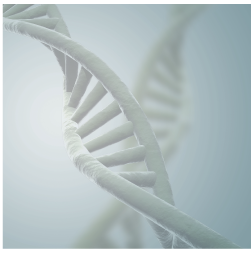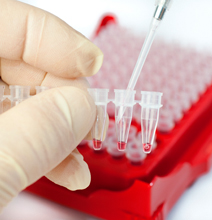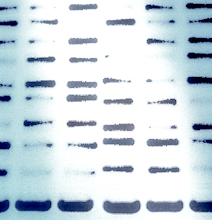Genetic test
What it is?

Many mutations behind hereditary cancer can now be identified with a genetic test.
This is because in the last few decades scientists have identified several genes that, once mutated, increase the chance of familial cancer. With genetic tests it is possible to know if your family carries any of these mutations.
The genes are different according to the type of hereditary cancer. In breast cancer, the most common mutations are those affecting the BRCA genes (BReast CAncer genes). Colorectal cancer, on the other hand, is commonly linked to mutations in the genes MLH1, MSH2, MSH6 (which causes Hereditary Nonpolyposis Colorectal Cancer, HNPCC or Lynch syndrome), APC (which causes Familial adenomatous polyposis or FAP) e MYH (which causes MYH-associated polyposis or MAP).
To discover the mutation that affects your family allows to:
- Identify relatives carrying the mutation,
- Calculate your personal risk of cancer,
- Put in place the most adequate measures for prevention and surveillance of the disease





